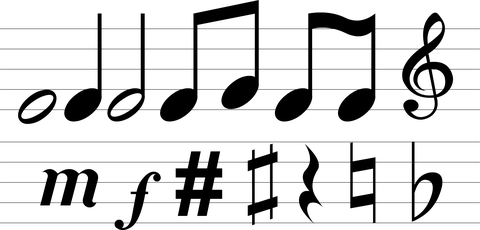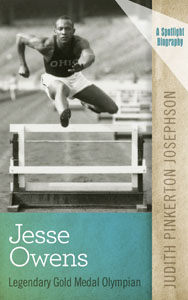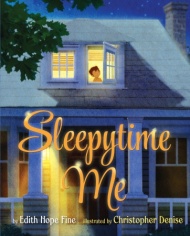 We (Edith Hope Fine and Judith Josephson) are the Grammar Patrol. Both of us taught for years and are now writers, with thirty plus books between us, including our two popular grammar guides, Nitty-Gritty Grammar and More Nitty-Gritty Grammar. For close to twenty years, we taught writing and grammar basics and now we blog about grammar for writers.
We (Edith Hope Fine and Judith Josephson) are the Grammar Patrol. Both of us taught for years and are now writers, with thirty plus books between us, including our two popular grammar guides, Nitty-Gritty Grammar and More Nitty-Gritty Grammar. For close to twenty years, we taught writing and grammar basics and now we blog about grammar for writers.
Readers’ attention wanders when your words lack variety.
The key? Vary the form. Vary the length.
Does this ring familiar?
Dick sat down.
Jane played ball.
Spot ran fast.
The repeated noun-verb, three-word form works fine for beginning readers. But if a paragraph you’ve written sounds clunky when read aloud, check for same-length sentences. When doing editing work, we’ve seen paragraphs where each sentence has seven words. It took us a while to figure out why the paragraph didn’t sing even though there was nothing wrong with the writing itself. Excite your readers by changing up sentence length.
The other key? Vary your sentence formations.

When we taught middle school English, we handed out sets of cards in different colors—the noun cards were blue, verbs were green, prepositional phrases were yellow, and so on. We could ask for sentences starting with prepositional phrases and the students would shuffle their cards to create their own unique combinations. This hands-on activity fully engaged the young writers. Much laughter often ensued.
Starting Points:
Noun-Verb
There’s nothing inherently wrong with a subject followed by a verb:
• Esther Williams swam beautifully.
Just check to see if the noun-verb form dominates your page. It’s an easy problem to fix.
Clause
Clauses have both a subject and a predicate. An independent clause can stand alone as a simple sentence:
• Puck leapt off the back of the stage.
Dependent clauses rely on the rest of a sentence to make sense. These clauses have a subject and a predicate, but they don’t form complete sentences and they don’t make sense on their own:
• when Harry met Sally
• because she loves ice skating
• that shone on the mountain
• since we lost the game
• then bounced up using a hidden trampoline
Combine an independent clause with a dependent clause or a dependent clause with an independent clause and you’re in business:
• Puck leapt off the back of the stage, then bounced up using a hidden trampoline.
• Since we lost the game, playoff dreams are doomed.
Phrase
There are five kinds of phrases, but all you need to know is that a phrase lacks a subject/predicate combo and is never a complete sentence.
• raced for class (participial phrase)
• from morning on (prepositional phrase)
• walking the dog (gerund phrase)
• his temporary filling (noun phrase)
• to infinity and beyond (infinitive phrase)
When editing your own work, bear sentence length and form in mind. Aim for variety in your writing to keep your readers interested in what you’re saying.
For more on grammar specifics, consult our zany grammar guides, Nitty-Gritty Grammar: A Not-So-Serious Guide to Clear Communication and More Nitty-Gritty Grammar: Another Not-So-Serious Guide to Clear Communication.
Key image credit: ID 24790186 © Ayzek09 | Dreamstime.com







 Metaphors are figures of speech that compare, making two very different things seem the same. Think “is” for metaphor, even though the two ideas can’t be compared literally.
Metaphors are figures of speech that compare, making two very different things seem the same. Think “is” for metaphor, even though the two ideas can’t be compared literally.
 Onomatopoeia is all about sounds—words that echo real-life sounds. Straight from the Greek word onomatopoeia, it means “words that reflect meaning in their sounds.”
Onomatopoeia is all about sounds—words that echo real-life sounds. Straight from the Greek word onomatopoeia, it means “words that reflect meaning in their sounds.”